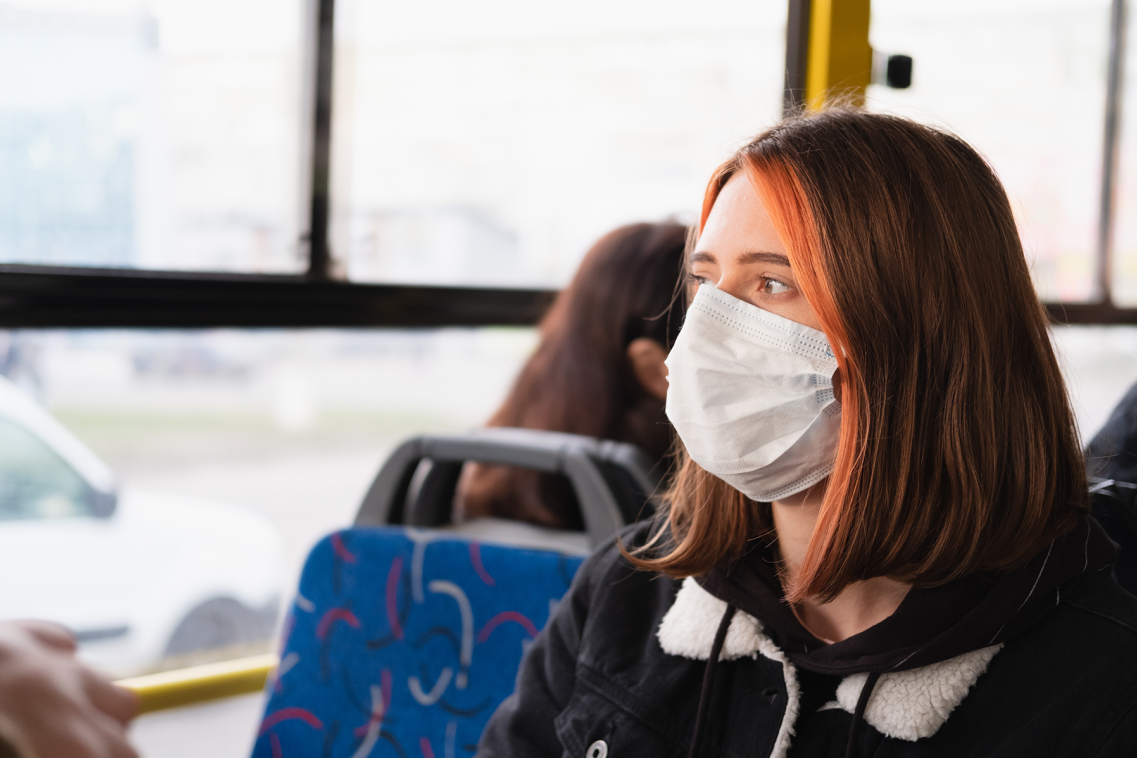
Centre for the Microeconomic Analysis of Public Policy (CPP), 2015-2020
Showing 109 - 120 of 883 results












Automatic enrolment has been hugely successful, such that over 90% of eligible private sector workers are now members of workplace pension schemes.
18 May 2020

18 May 2020
On Tuesday (12 May 2020) the Chancellor, Rishi Sunak, announced an extension to the Coronavirus Job Retention Scheme (CJRS), which covers 80% of employees’ usual salaries, up to a cap of £2,500 a month, while they are furloughed.
15 May 2020

The coronavirus outbreak and associated containment measures have caused huge economic fallout across the world. The sharp decline in economic activity that is now occurring will depress government revenues and push up public spending. In addition, governments have, appropriately, responded with packages of fiscal measures that will help support households, businesses and public services through these challenging times and limit the long-run damage done by the crisis. But these measures will also have the direct impact of adding considerably more to government borrowing.
14 May 2020

This report looks at normal (pre-lockdown) commuting patterns, what they tell us about who would be affected by continued social distancing on public transport, and what they tell us about how policy can ease public transport congestion in a world of continued social distancing.
15 May 2020

The COVID-19 pandemic has led to unprecedented social distancing measures around the world to contain the spread of the virus. The UK has, like many countries, effectively closed down entire sectors of its economy and severely limited activity in many other sectors. This curtailing of activity is likely to lead to a sharp recession.
4 May 2020

UK households hold around £230bn of unsecured or consumer debt – including loans, credit card debt, hire purchase agreements and overdrafts. This equates to an average £8,000 per household. The bulk of that debt is held by those on relatively high incomes and in normal times its repayment tends not to cause financial difficulties. But in a minority of cases, debts can put stress on households’ budgets with consequences for living standards and mental health.
24 April 2020

23 April 2020

17 April 2020

The coronavirus pandemic, and the measures put in place to combat it, have changed almost everything about how people live their day-to-day lives. More than ever before, life today is being conducted behind the nation’s front doors.
20 April 2020

The spread of COVID-19 has led to sweeping changes in the way households work, spend their time and shop. This has led to large changes in spending pa
14 April 2020

Whether population health improves or worsens with changes in macroeconomic conditions is a long-standing question. Despite a substantial literature there is no clear consensus on the answer. Some studies find evidence that recessions are good for population health (i.e. poor health is pro-cyclical), while other studies find that health worsens in response to bad economic times (i.e. poor health is counter-cyclical). In addition, results for various health outcomes differ.
14 April 2020